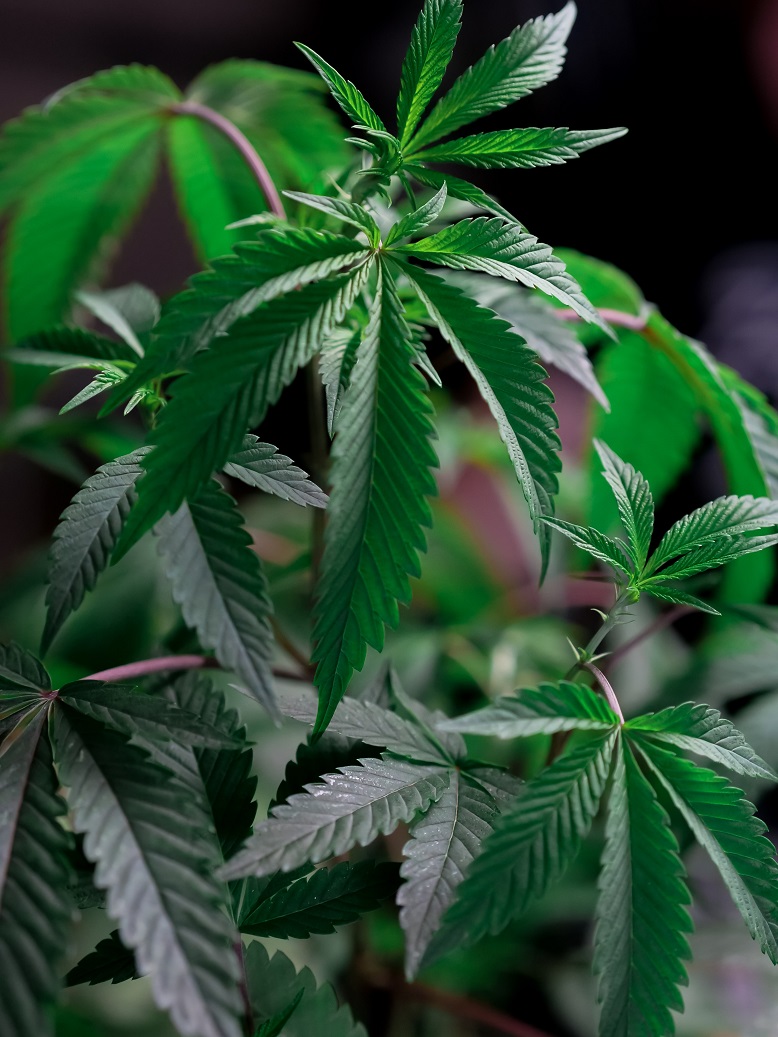Marijuana products are not the same as they were decades ago.
According to a 2020 study from the University of Bath, found high-potency marijuana is on the rise, and those increased levels of THC could be leading to a worldwide uptick in marijuana addiction. The study found that THC concentrations in the tops of female marijuana plants have increased by an average of 2.7 milligrams per year. Another study found that THC levels in cannabis resin increased by 5.7 milligrams per year between 1975 and 2017.
THC stands for tetrahydrocannabinol. That’s the primary psychoactive component in marijuana. It’s the element that is responsible for making a person feel “high.” While low levels of THC generally don’t lead to addiction, it now appears that high levels can have an addictive effect.
The University of Bath study said that marijuana with high levels of THC can lead to a four-fold increase in the chances of becoming addicted. This seems to be backed up by other studies.

As high-potency THC becomes more common worldwide, so too have the number of people seeking marijuana addiction treatment. A study from the European Monitoring Centre for Drugs and Drug Addiction found a 76% increase in those seeking treatment over the past decade. A United Nations report found that the number of people seeking marijuana addiction treatment has increased in all parts of the world except for Africa.
According to the Centers for Disease Control CDC), three in 10 people who use marijuana have diagnosable cannabis use disorder, which is a dependency on marijuana products that limits their functionality in daily life. For those who begin using marijuana before age 18, the risk of developing dependency is even greater.
Long term marijuana use can lead to serious problems. Some of the long-term effects of dependency include elevated risk of cancer, psychosis and even schizophrenia. Frequent users could develop issues with memory and cognition, including forgetfulness, poor decision-making, and learning disabilities, as well as problems with coordination, and even issues with emotional depth.
Marijuana has become more widely available in recent years, with many countries and states loosening restrictions. In some areas, it has been completely decriminalized and as readily available as alcohol and cigarettes. This wide availability may lead some users to believe that the drug is completely safe to use. However, research suggests is not the case. Marijuana can be addictive, and it can have serious consequences over the long-term.
While marijuana use has been shown to be helpful in some cases, users can protect themselves by being aware of the THC levels in their cannabis products before consuming them and avoid high-potency options. Many edibles and other goods from dispensaries have their THC levels listed clearly on the packaging. By sticking to moderate-level products, the risk of addiction could be minimized as well as long-term health issues. Limited use can also help protect against the long-term negative effects of excessive use. Of course, the only real way to ensure one doesn’t experience these consequences is by abstaining altogether.
Sources:
Highly potent weed creating marijuana addicts worldwide, study says
Cannabis (Marijuana) and Cannabinoids: What You Need To Know


Join the conversation!